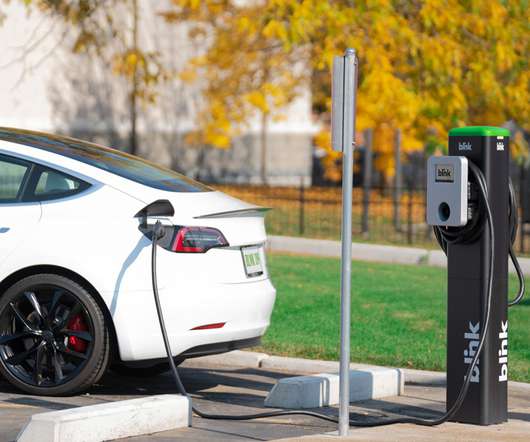Northwestern/Princeton study explores air quality impacts of aggressive conversion to EVs
Green Car Congress
APRIL 15, 2019
For example, states in the western US (WUS) generally produce a larger fraction of their electricity from renewable and/or “emission-free” sources (i.e., coal, oil, natural gas, and biomass). Among the findings: Summer surface ozone (O 3 ) decreases in most locations due to widespread reductions of traffic NO x emissions.




















Let's personalize your content